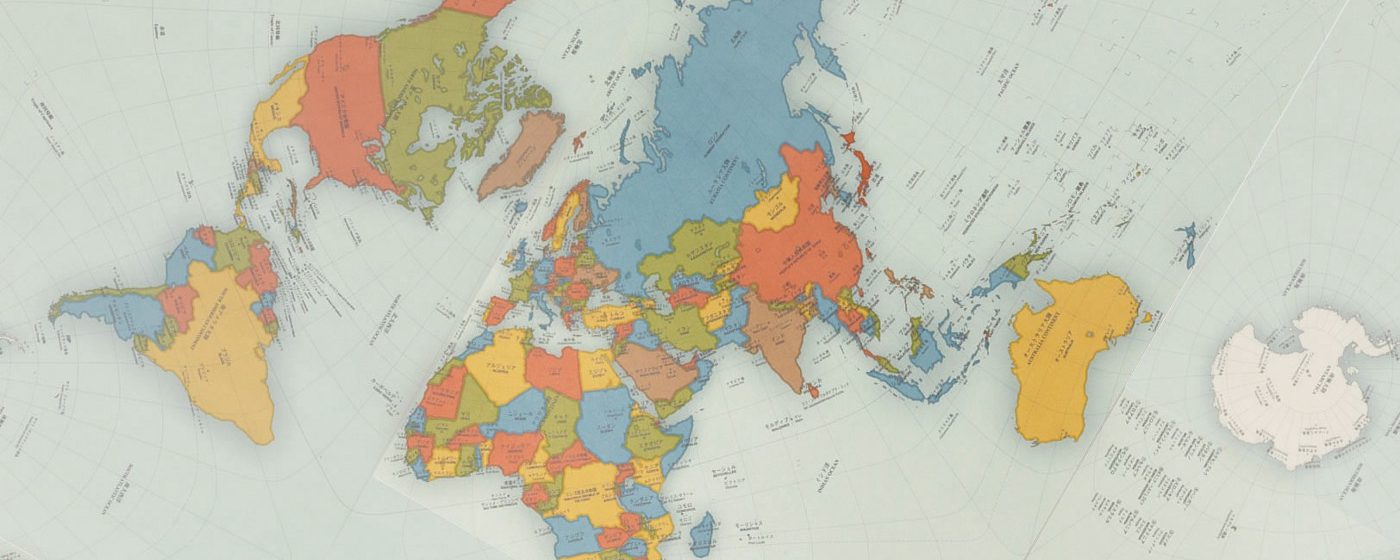International security issues in the post-Cold War world are fundamentally different from those confronted during the Cold War. As such, there are few lessons from the past that are relevant for dealing with the challenges of the 21st century. As a group, do you agree, and why?
Throughout this webpage we argue that in the post-Cold War world, military conflicts have become increasingly unconventional such that traditional military approaches to security challenges oftentimes fail to meet the robust and nuanced nature of today’s world.
In particular, we have noted several important shifts:
- Military conflicts have shifted from Third Generation Warfare (3GW) to Fourth Generation Warfare (4GW). This shift has caused military conflicts to shift from targeting an adversary’s military capabilities to their political will to continue fighting. This strategy began with Mao Tse-Tung’s insurgent strategy in the early 20th century and was propagated during the Vietnam War, the first asymmetrical war the U.S. lost due to a reliance on conventional military tactics.
- The rapid rise of new technologies and globalization have allowed non-state actors and weaker states to affect change in the international system. This has further crowded and complicated the international arena.
Despite these changes, we concede that a new great power competition is reminiscent of certain features of the Cold War-era.
- In the 21st century, the U.S. is once again facing a growing superpower, in this case China, which has its own sphere of authoritarian influence and economic might
